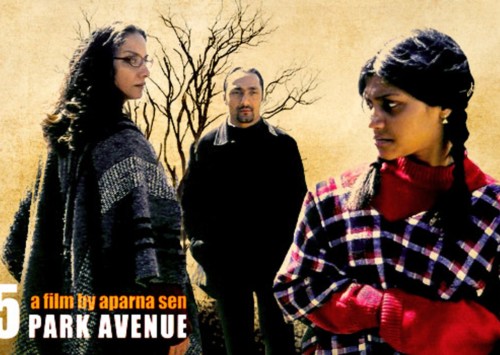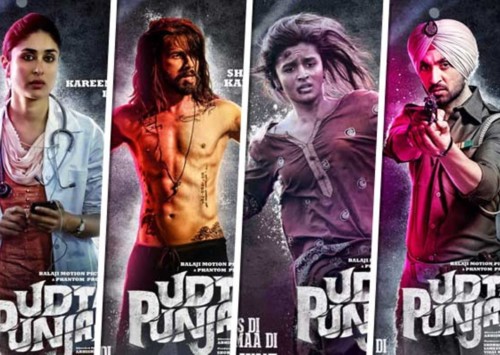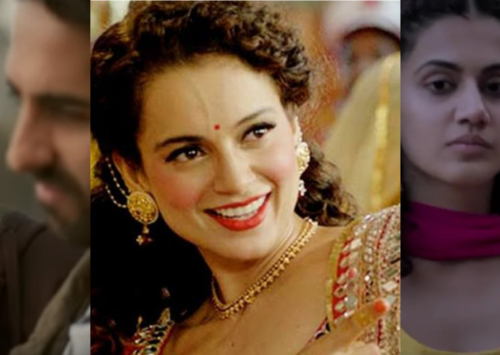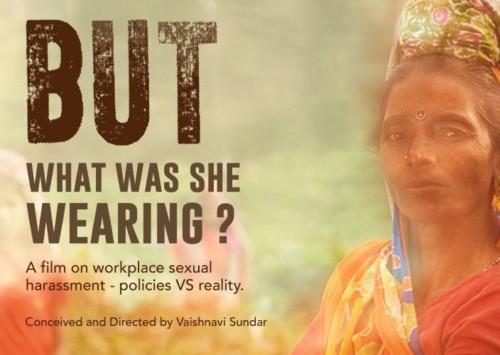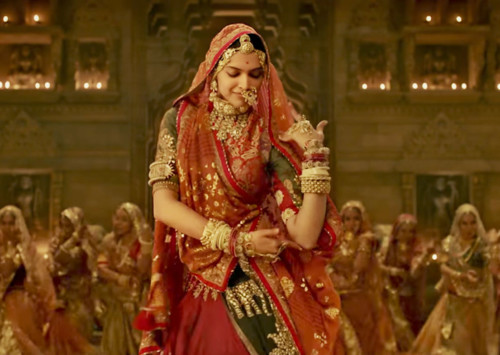Bollywood’s tryst with misogyny

While socially empowering and women-centric movies are growing in numbers, it is a long way for us to move away from misogyny and sexism in Bollywood movies.
Bollywood movies have had a long-standing history of representing misogyny, sexism and objectification of women through the rose-tinted glass of romance where the plot is stuck in the same— boy-sees-girl, boy-likes-girl, boy-gets-girl— formula. Even a 2002 study of Hindi language movies from the 90s had reported that moderate sexual violence against female characters was depicted as fun, enjoyable and a normal expression of romantic love. A recent 2017 study also found pervasive gender bias in the story-lines of the movie while analysing 4000 Bollywood movies.
While it has remained the same, the present young generation who live in the times of #MeToo have started to express their concerns about the content and representation in movies. This criticism has been brought to light with the recent blatant misogynistic representation in Kabir Singh, the Bollywood remake of Telugu movie Arjun Reddy (2017), which even after attracting such flak has become the highest grossing Hindi film of 2019. There has been a history of Bollywood wrapping stalking and objectifying women in the garb of romance and Kabir Singh has a hero who is crasser (without any repentance) than his predecessors.
“The fault in Kabir Singh is in the narrative strategy employed by the director. He is decidedly clear, with whom the audience should sympathize. So it is impossible to camouflage the movie as a love story. It is about Kabir Singh, his love, his anger, his victory. Preeti, the leading lady who is also a doctor has no words or actions. In today’s times, such silence from the women characters jeopardises the meaning of ‘consent’ and the project of women empowerment,”says Pratyusha Pramanik, research scholar IIT (BHU) to Media India Group.
Representation of love and women
Bollywood movies have never shied away from objectifying women, using sexism and body shaming as comic elements and even showing violence as a normal part of life. It has been normalised since 50’s as found in Raj Kapoor’s Awaara and then went on to add the hero’s stalking and teasing their lady loves until they gave into their charms.
Movies like Darr (1993) where the hero stalks the girl even to her honeymoon as he is obsessed with her; Tere Naam (2003) where a girl though intimidated falls in love with a violent man who kidnaps her to express his love; and Ranjhanna (2013) where the hero stalks the girl, goes on to make several mistakes and ends up dying but is shown to believe that he will be born again, fall in love with same girl and be her ranjhanna (beloved one), have normalised stalking as a romantic expression of love.
The most talked about issue of Kabir Singh has been the representation of women and love where critics have aggressively expressed their opinions against the submissive women characters and the display of possessive love. Preeti’s (Kiara Advani) character has been criticised a lot for her submissiveness and her acceptance of Kabir’s dominating and controlling actions. Again a lot of viewers have defended the same by saying that it is Kabir’s passionate love for Preeti and it isn’t like Preeti is not accepting of the relationship. And the greatest defence against this criticism has been the director himself who in a recent interview defining true love said, “If you don’t have the liberty of slapping each other, then I don’t see anything there.” Yes it is common to playfully hit your partner, but even if emotions in true love are raw, that doesn’t certify any person slapping their partner.
Representation of society
Even when Kabir loses Preeti and is so heartbroken that he goes through alcohol, drugs and one-night stands like anything, the people around him blame the girl for his downfall- he was never at fault, just an obsessive-lover with anger issues. One of the important things the movie points out is the lack of awareness about mental health in our society. Kabir, his girlfriend Preeti, his best friend Shiva- all of them are doctors but none of them talk about anger-management programme to help out Kabir. The movie even excuses Kabir’s behaviour because he is a genius and brilliant doctor and just works on solidifying the norm that ‘boys will be boys’. It is nothing far from reality of our society as visible in the news daily- “NIFT fires 56 housekeeping staff who alleged sexual harassment”, “Unable to handle rejection, 27-yr-old stabs woman in Mangaluru”, “Jilted lover attacks girl for rejecting advances” and many more. Yes it is true that just watching Kabir Singh is not going to turn the men into abusive lovers as they didn’t go on killing spree after watching movies on gangsters but the way it celebrates the character of Kabir gives approval to the perpetrators of the above mentioned news.

